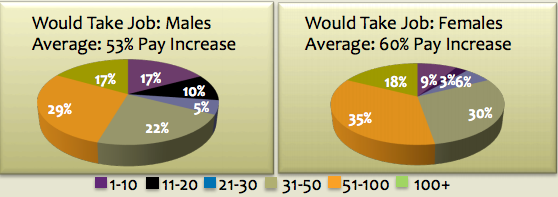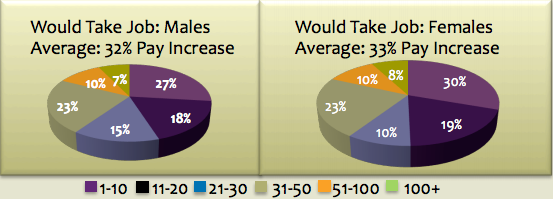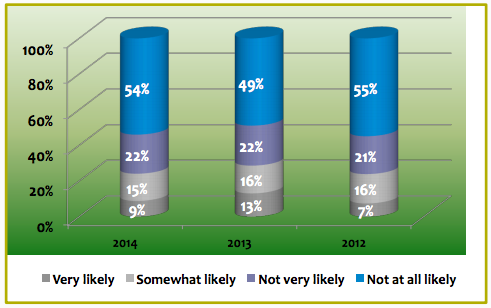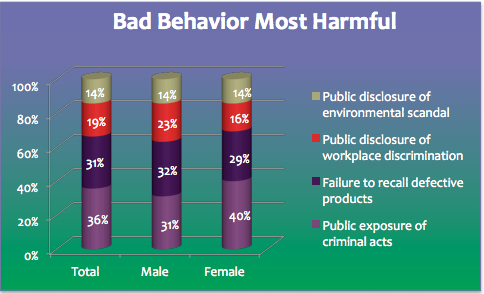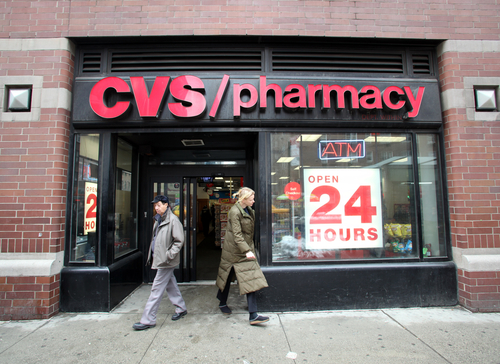
On Feb. 5, CVS Caremark Chief Executive Larry Merlo said, “We’ve come to the decision that cigarettes have no place in an environment where healthcare is being delivered.” The company, he announced, will remove all cigarette and tobacco products from its 7,600 pharmacies nationwide by Oct. 1. The move is expensive, with up to billion in projected lost sales.
But CVS is betting on the long-run gains from doubling down on brand reputation and helping customers to live—and shop—far longer.
President Barack Obama personally took the time out to praise CVS, saying in a statement that the move will help wider efforts to “reduce tobacco-related deaths, cancer, and heart disease, as well as bring down healthcare costs.”
“CVS is now one of a small group of companies that have realized that their reputation is the most valuable asset they have and that building a stronger reputation by avoiding risks to that reputation can create a significant competitive advantage,” said Paul Argenti, professor of corporate communications at Dartmouth’s Tuck School of Business, in a column for the Harvard Business Review. “From the White House to the American Lung Association, CVS has received kudos for what seems to be a focus on shared value with society rather than the reckless pursuit of revenue at any cost.”
While CVS stock initially dropped the day of the announcement, shares have since risen 2.3%, success further bolstered when the country’s largest drugstore chain reported 2013 revenue of $126.8 billion—up 3% on healthy growth for drug plans and in-store pharmacies offset by weak growth in front-of-store sales.
“Its profit comes increasingly from health plans, which aren’t keen on carcinogens,” Jack Hough wrote in Barron’s. “Consider: CVS’ tobacco decision is expected to subtract six to nine cents from its yearly earnings per share. But a prescription deal with the Federal Employee Health Program, which expires at year’s end, is worth 16 cents to 21 cents a share, estimates investment bank Mizuho Securities. For CVS, a good chance at renewal just became better, and there’s plenty more business to be won.”
In Forbes’ CMO Shift blog, brand consultant Scott Davis wrote:
The $2 billion decision to boldly dump tobacco sends CVS’ boldest signal of commitment to the brand and to where it sees its future growth; it’s an unprecedented move and one that is wickedly smart. CVS is putting its money where its brand is, betting that this first mover advantage will pay off. I say “first mover” because no one truly owns health and wellness. Sixteen thousand health and wellness apps were downloaded last year.
Over $1.4 billion was spent by people trying to learn more about the topic. The overall category is heading to $1 trillion in the next 3-5 years and the timing is right for someone to step in and lead the dialog and become the Amazon of health and wellness. Why not CVS?
Indeed, CVS has spent considerable time and money extending the legacy of pharmacists as community health experts by adding over 800 MinuteClinic walk-in facilities. In doing so, the company has become the largest U.S. pharmacy healthcare provider.
The chain’s competitors are also branching into anti-smoking efforts as they expand their role in the wellness market. Walgreens recently unveiled a partnership with GlaxoSmithKline Consumer Healthcare to launch a free, Internet-based smoking cessation program called Sponsorship to Quit.
Overall U.S. cigarette sales fell 31.3% from 2003 to 2013, according to Euromonitor International. Many health officials hope that the move will help continue to decrease the number of smokers and smoking-related deaths in the U.S. “I think CVS recognized that it was just paradoxical to be both a seller of deadly products and a healthcare provider,” U.S. Centers for Disease Control and Prevention Director Thomas Frieden told Reuters.
Working to build and maintain a strong reputation also boosts the bottom line. Studies from Argenti and a range of other researchers suggest that companies with a strong reputation enjoy price advantages, being able to negotiate lower prices with suppliers and higher charges to customers. They can also recruit better employees, have more stable revenues and, “when something bad happens, they are given the benefit of the doubt by their stakeholders.” Further, “highly reputed companies are more stable, which means they have higher market valuation and stock price over the long term and greater loyalty of their investors, which leads to less volatility,” according to Argenti.
Convenience stores account for 75% of cigarette sales nationwide, so the tobacco industry has yet to express concern about prospective losses from drugstore sales. But Dr. Richard Wender of the American Cancer Society said CVS’s move would have an effect. “Every time we make it more difficult to purchase a pack of cigarettes, someone quits,” he told Reuters. So far, CVS is betting on that for patients’ health, and its own.

